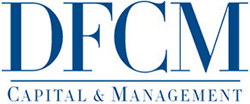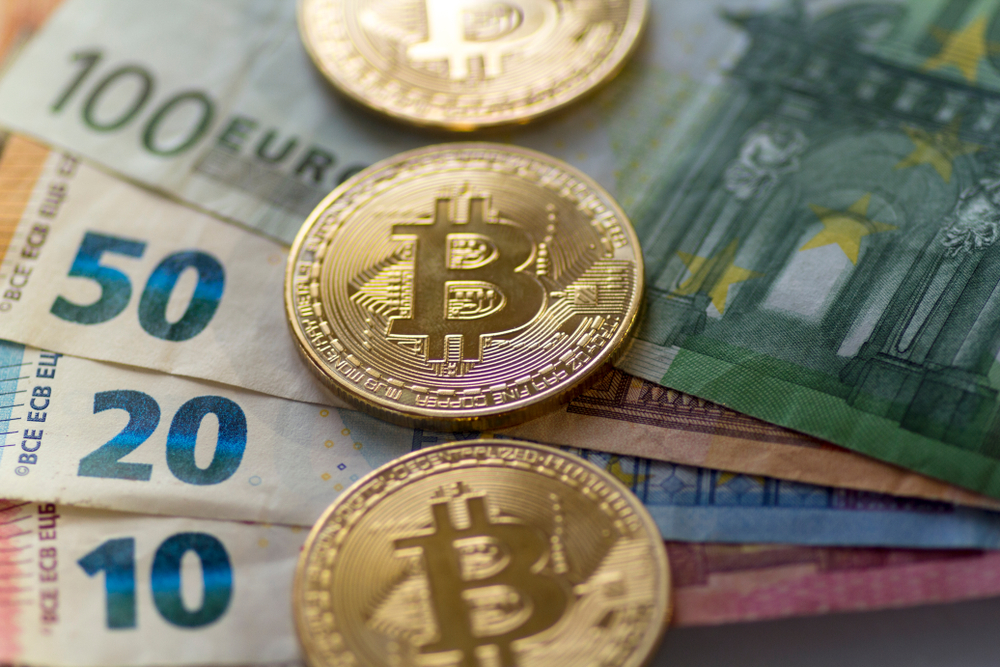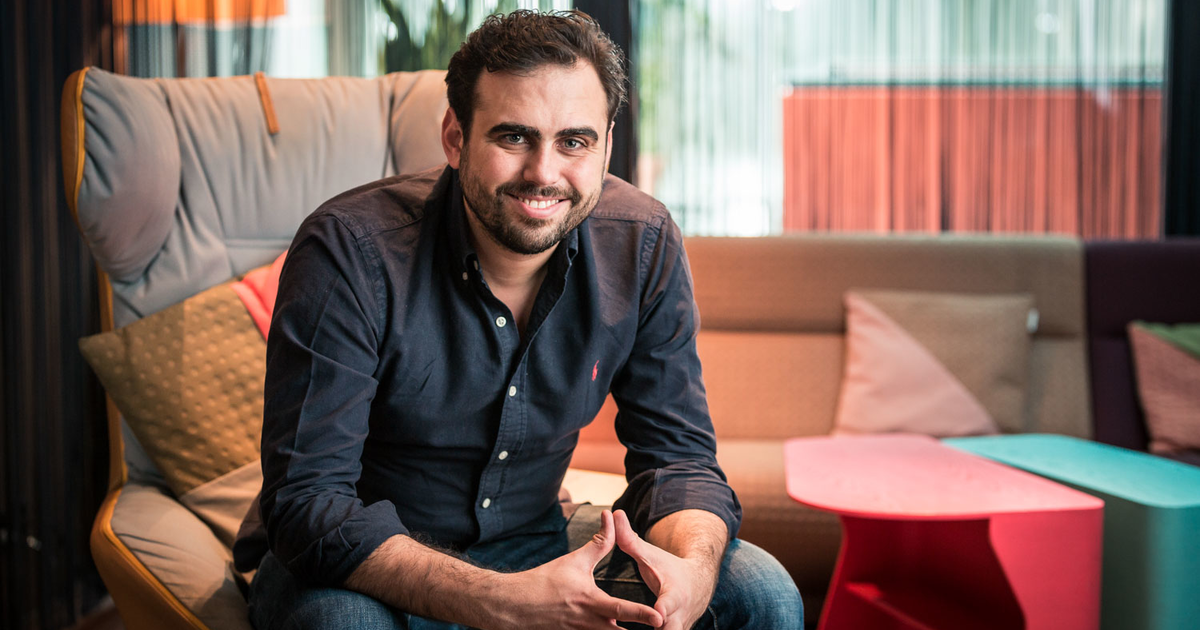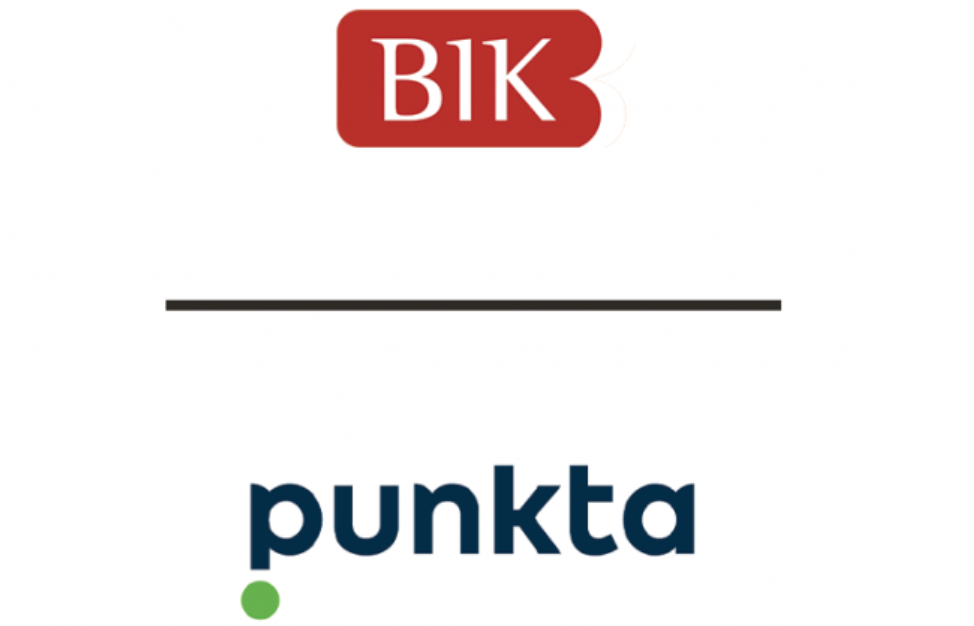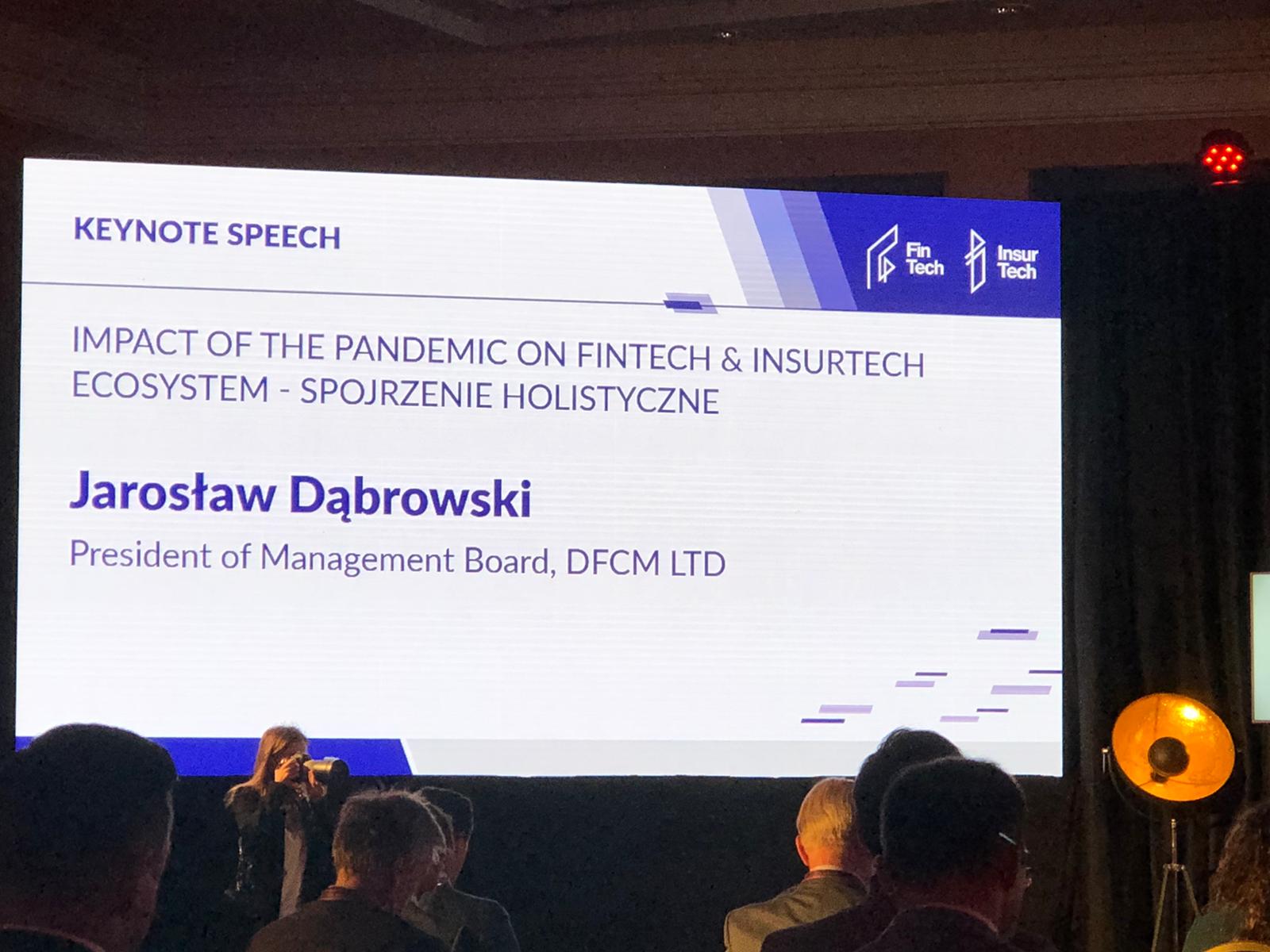
Economy of Poland 2024 | Macroeconomics, Investment, Development
Despite areas of instability in Poland's environment, such as low GDP levels in the European Union, geostrategic conflicts and political uncertainty in the US, Polish GDP is expected to grow to 2.3-2.8 per cent in 2024 and to 3.5-4.1 per cent in 2025. However, due to the low level of investment, slower absorption of EU funds and higher inflation, the Polish economy will not reach the previously predicted growth potential.
A key role in the development of GDP is played by the use of EU funds to accelerate economic growth, particularly through their distribution to the private and local government sectors through public financial institutions such as BGK, PFR, ARP, PARP and NCBiR. They are to support the implementation of the National Recovery Plan and the further absorption of EU funds. This should significantly contribute to the growth of investment in Poland.
Cooperation with the Banking Sector and Cooperative Banks is essential for the effective use of EU funds and the achievement of economic goals, including energy, climate and digital transformation. Faster and efficient use of NRP funds is crucial when it comes to preparing the economy for the future challenges facing Poland. 🎯📈🚀
Kluczową rolę w rozwoju PKB odgrywa wykorzystanie funduszy unijnych do akceleracji wzrostu gospodarczego, szczególnie poprzez ich dystrybucję do sektora prywatnego i samorządowego poprzez publiczne instytucje finansowe, takie jak BGK, PFR, ARP, PARP i NCBiR. Wspierać mają one realizację Krajowego Planu Odbudowy oraz dalszą absorbuje funduszy UE. Powinno to w znacznym stopniu przyczynić się do wzrostu inwestycji w Polsce.
Współpraca z Sektorem Bankowym i Bankami Spółdzielczymi jest niezbędna do skutecznego wykorzystania funduszy unijnych i osiągnięcia celów gospodarczych, w tym transformacji energetycznej, klimatycznej i cyfrowej. Szybsze i efektywne wykorzystanie środków z KPO jest kluczowe jeśli idzie o przygotowanie gospodarki do przyszłych wyzwań stojących przed Polską. 🎯📈🚀
The banking sector in Poland. Current situation and trends 2023
The performance of Polish banks for last year looks very good. Banks recorded significant increases in operating income, achieving high profitability ratios, especially in terms of interest income. Despite the challenges posed by the mortgage loan portfolio denominated in CHF⚖️💴, the sector still has strong income potential and growth opportunities, especially after the partial resolution of the main problem of many banks, (CHF loans). The outlook for the coming years is optimistic, primarily due to the still high interest rates and the potential increase in demand for consumer loans (mortgages) due to the upturn 🏖️🏢 and the financing of companies and local government entities (absorption of NRP and EU funds).
Gaming - growth potential in times of turbulence
Gaming remains a thriving industry in the digital economy both in Poland and globally. Covid has driven dynamic and operational growth in this area, with multiple IPOs, M&As worldwide. Taking into account the PC and console segments, companies point out that the catalyst for effects will be new title launches scheduled for the next few years. It will lead to some sinusoids in results, too. After the pandemic jump, most companies experience an overall decline in the nominal number of gamers, yet, their engagement continues to be high. On the other hand, revenues from live services and the sale of digital goods in games considerably contribute to current outcomes, smoothing out the seasonality of those results, accordingly.
Robotics in the wake of the 4th Industrial Revolution
Automation solutions have been known for some time, though the current trends such as rising labour costs, artificial intelligence or even the transformation towards electric cars suggest their dynamic growth over the next few years. The examples of UiPath and VersaBox show the potential of developing these technologies in the CEE region, as well as the inseparability of robotics and machine learning.
Economic Snapshot | Poland
Poland's GDP in the first half of 2021 has recovered to pre-pandemic levels. Compared to the previous year, GDP grew by 5. 3%. Poland’s annual inflation rate accelerated for the sixth straight month to 8.6% and weakened the position of the Polish zloty against the EUR and USD.
Cryptocurrencies: the gold standard of the 21st century?
Over the past 3 years, Bitcoin price surged over 12 fold. This is a well-known fact, but it reflects the ever-growing popularity of cryptocurrencies. These are vast fluctuations that cryptocurrencies are associated with, but their applications go far beyond than merely investments. In the future, their applications can shift from network ones such as Bitcoin and Ethereum towards private use. They can be used to finance projects through Initial Coin Offerings, serve as a medium of exchange in the Metaverse, and due to the recent moves of central banks, even complement traditional money! More about them can be found in link. Więcej na ich temat w artykule pod tym linkiem.
Neo-banks: New lending market disruptors?
Fintechs operating exclusively in the online sphere, have so far been associated primarily with applications that allow for management of personal finance and currency exchange with zero commission. Lending remained mainly an expertise of traditional banks, however, in this aspect there has been a significant shift recently.
Insurtech as a driver of digital disrupt in the insurance business.
In 2016, the Insurtech barely existed in the internet sphere and the term itself was vague and imprecise. Today, in only 0.77 seconds Google Search generates over 5 million results, while Insurtech companies are not only a point of interest of venture capitalists, but also major insurers uncertain about their future competitive advantages.
FinTech & InsurTech Digital Congress
On March 18-19, DFCM had the honor of participating in the FinTech & InsurTech Digital Congress conference with the participation of the leaders of the insurance and banking industries in the context of the growing pressure from fintechs and insurtechs and the challenges after the coronavirus pandemic.
MCI.EuroVentures Completes Partial Sale of Stake in Netrisk to TA Associates
WARSAW and BUDAPEST, 8 January 2020 – MCI Group, a leading Central European private equity firm with headquarters in Warsaw (Poland), announced today that their Fund MCI.EuroVentures is selling a portion of its shares in Netrisk, the leading online insurance brokerage in Hungary, to global growth private equity firm TA Associates for EUR 55 million (PLN 235 million). As a result of the partial exit, MCI.EuroVentures (buyout fund of MCI Group) has realized a return on investment of 3.0x CoC and 73% IRR.
Poland | Impact of COVID-19 Pandemic, Forecast
The Polish economy is set to be the least affected in the EU by the Covid-19 pandemic, despite the virus bringing an end to around three decades of uninterrupted economic growth in Poland
FinTech&InsurTech – Kongres w Warszawie z udziałem DFCM.
Following our partnership we were honoured to inaugurate today an annual Fintech&Insurtech Congress: an elite forum for the exchange of thoughts on the development of technology in the financial and insurance sectors. The Keynote Speech delivered by our CEO Jarosław Dąbrowski looked holistically at the world post-COVID-19 emphasizing shifts in FinTech and InsureTech Landscape.
Finished projects and investment transactions
Million Euro arranged capital
Customers and partners




Contact us
If you have questions related to our company or services that we provide, please contact us.
Plac Trzech Krzyży 10/14
00-535 Warsaw, Poland
office@dfcm.eu

